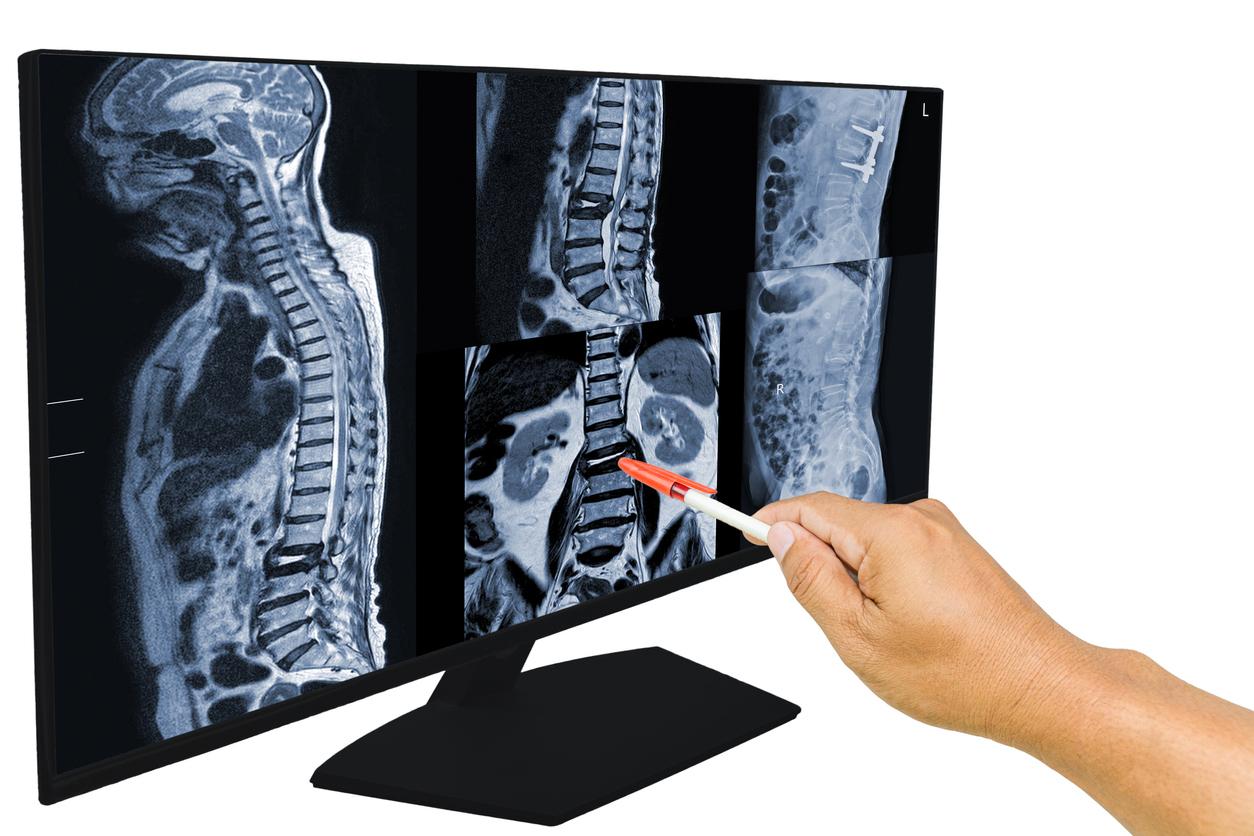A new therapy based on the CAR-T-Cells technique gives hope to patients with multiple myeloma, with a complete remission rate of more than 90%.

- Multiple myeloma is a cancer of the bone marrow.
- A new treatment has proven effective in eradicating it.
- This treatment is still in the experimental stage.
A new therapy based on the CAR-T-Cells technique is bringing hope to myeloma patients.
An exceptional complete remission rate
According to a study conducted in Israel, more than 90% of the 74 patients with multiple myeloma treated with this therapy experienced complete remission. This therapy involves reprogramming the patient’s immune cells to recognize and attack cancer cells. It meets an important need, because patients suffering from multiple myeloma often have a limited life expectancy.
The main advantage of this therapy is its ability to directly target cancer cells without affecting healthy cells. Although this treatment is expensive, it can be covered by national health systems in some cases, depending on reimbursement policies for innovative medicines.
Experimental treatment
“We have a waiting list of over 200 patients from Israel and various parts of the world,” said Professor Polina Stepansky, of Hadassah University Medical Center. “Due to the complexity of the production and the treatment itself, only one patient per week enters the treatment, which is still being carried out on an experimental basis”, he adds.
What is multiple myeloma?
Multiple myeloma is a cancer of the bone marrow and accounts for approximately 1% of all cancers worldwide. It is usually diagnosed in people over 60 and affects men more often than women. Multiple myeloma is characterized by an overgrowth of abnormal plasma cells that replace healthy cells in the bone marrow. As the disease progresses, these cancer cells destroy the bones, causing weakness and significant muscle pain.
The standard treatment for multiple myeloma is chemotherapy and autologous stem cell transplantation, but this care often has significant side effects.















